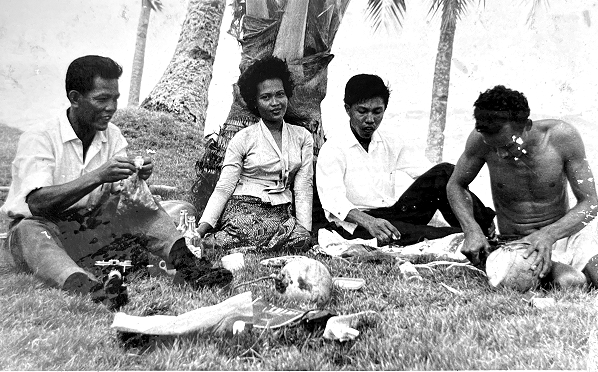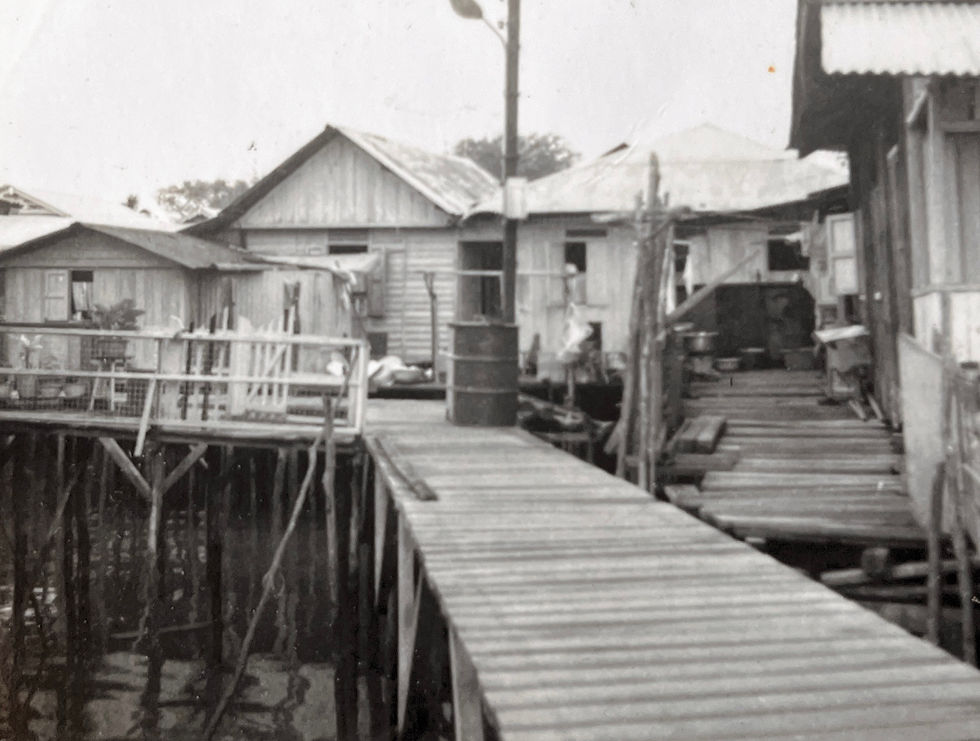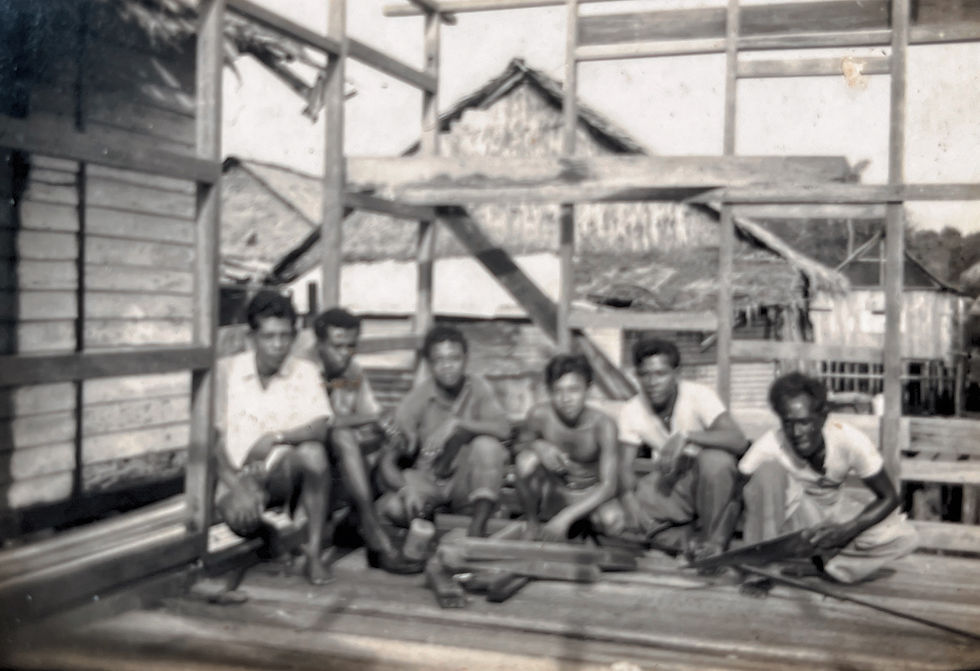
Pulau Brani (“isle of the brave” in Malay) is an island off the southern coast of Singapore, near Keppel Harbour. Once home to around 500 Malays and Chinese residents, the island held a fort, a coal depot, tin smelter, and ship-repairing dock.
In the 1960s and 70s, families were relocated to make way for the Brani Naval Base, which closed in 2000.
Today, as the Greater Southern Waterfront transforms the coastline, Pulau Brani stands at a crossroads; between memory and masterplan.
The Pulau Brani Project reawakens this island not just through preservation, but through participation—where community voices, archival objects, and island stories shape a cultural future rooted in place.
THE SPIRIT OF
THE BRAVE FLOWS ON

THE STORY OF
ORANG PULAU
Before borders, there was Brani. And before masterplans, there were the Orang Pulau—Singapore’s original island people.
They lived by the tides, traded across the islands, and anchored their lives to the rhythms of the sea. Their deep knowledge of southern waters made Brani not just a home, but a hub of maritime connectivity.
The Pulau Brani Project is a living archive of Orang Pulau’s legacy, shaping our understanding of place, kinship, and the fluidity of identity.
MORE STORIES FROM
THE ISLAND
WHAT’S ON
From shoreline walks and flavour explorations to oral history circles, The Pulau Brani Project brings the island’s stories into the present through community-led events, creative workshops, and public dialogues.
UPCOMING WAYS TO
RECONNECT WITH THE ISLAND



STAY CLOSE
TO THE ISLAND,
WHEREVER YOU ARE.
Sign up to receive new stories, archival finds, and upcoming events from The Pulau Brani Project—right to your inbox.
STEP INTO THE CHAPTERS OF PULAU BRANI

Brani: Memories of an Island
Pulau Brani was once home to vibrant kampongs, football fields, open-air cinemas, and a community bound by sea and song. This eBook gathers first-hand memories, photographs, and stories from islanders who lived through its celebrations, struggles, and resettlement.
Written by Nur Hazimah binte Abdul Halim, Nur Muhammad bin Mohammad Thahirruddin, and Nurulhuda binte Suhaimi.















